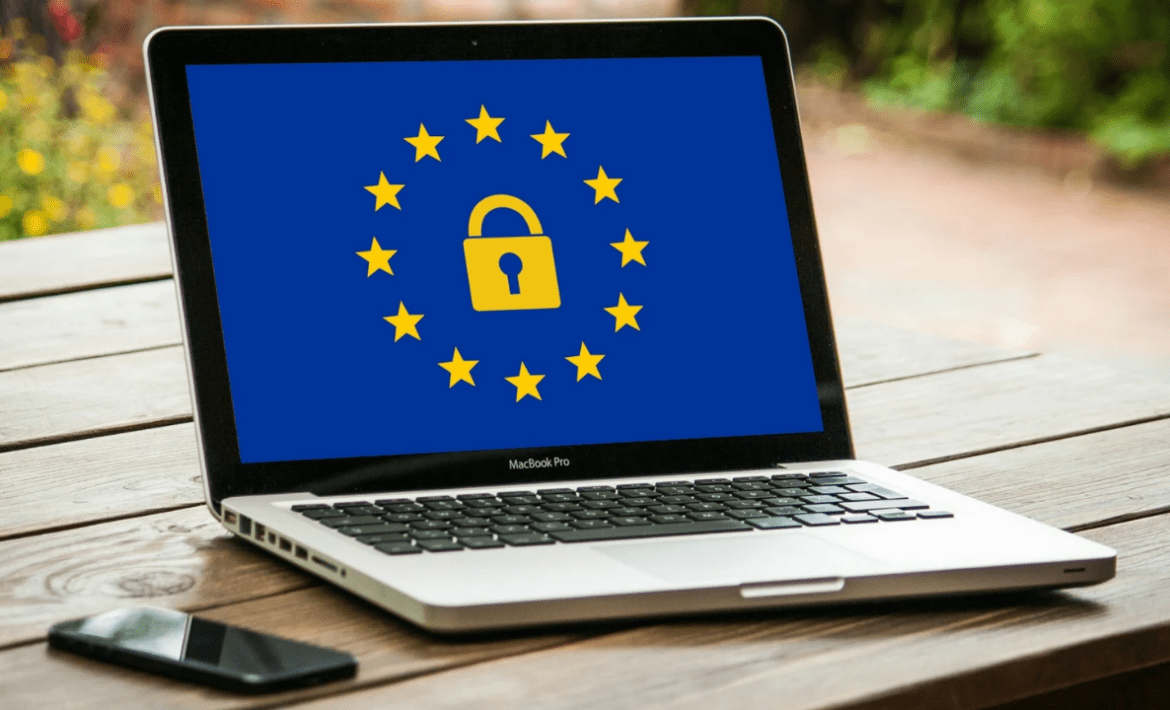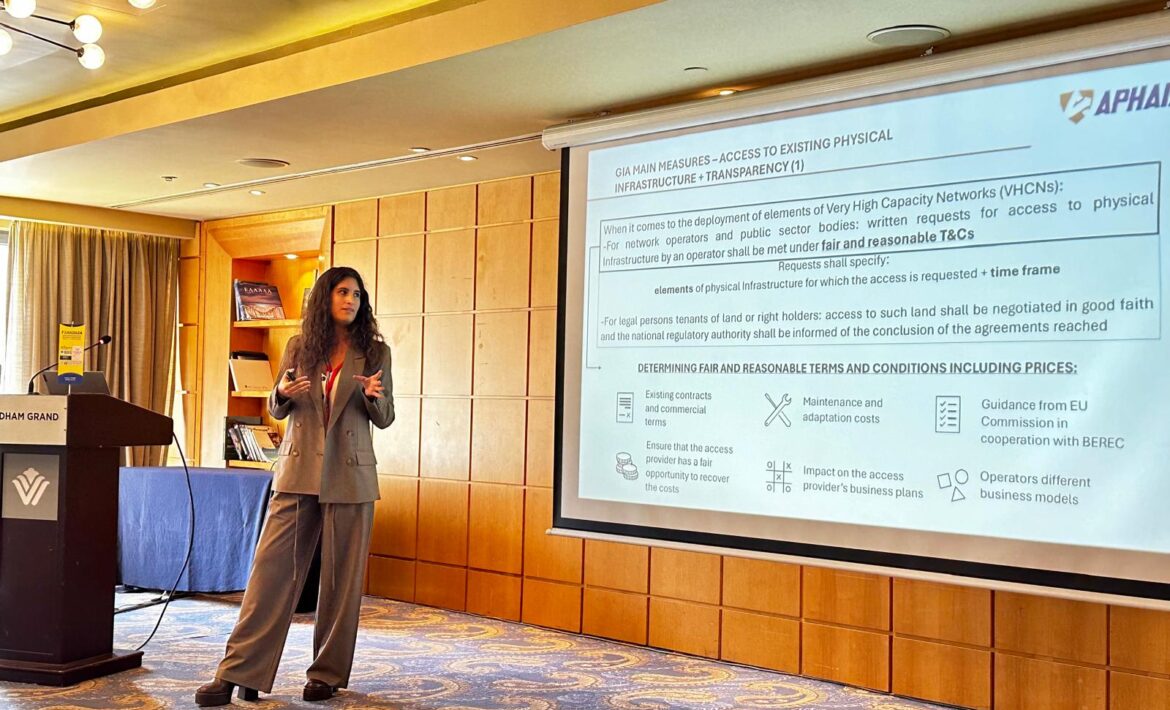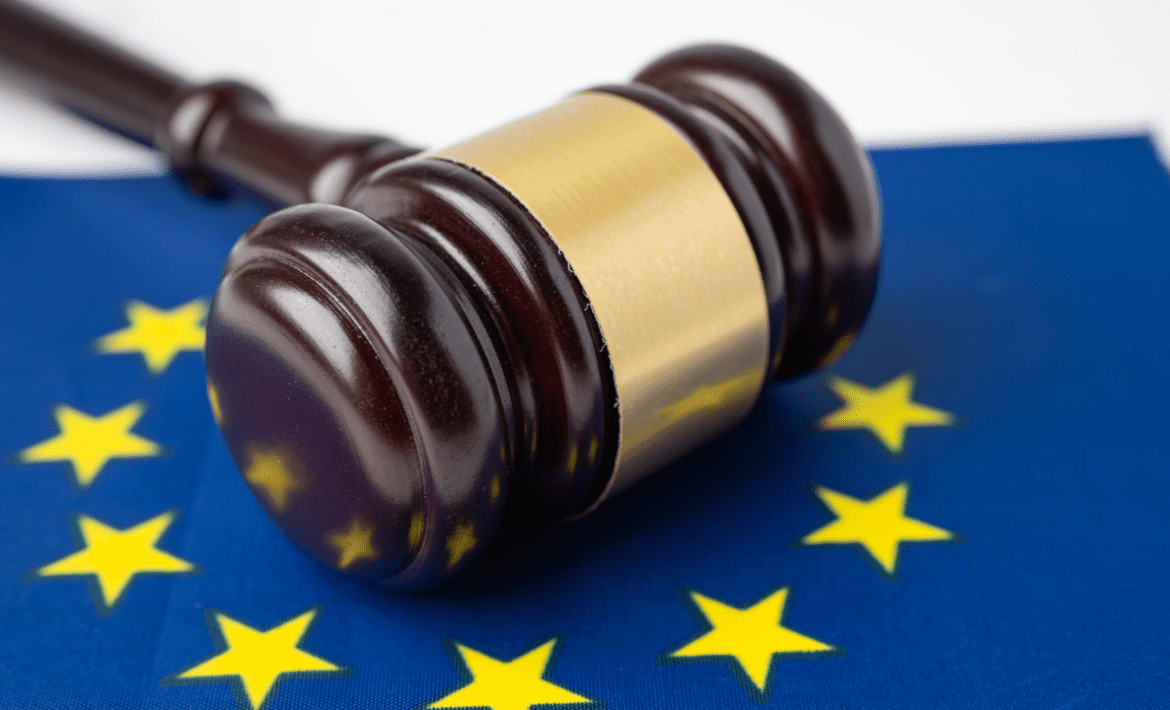EDPB Guidelines on Blockchain and GDPR Compliance: Key Considerations for Data Controllers
The EDPB has issued draft guidelines to clarify how the GDPR applies to blockchain technologies. The European Data Protection Board (EDPB) has issued draft Guidelines to provide clarity on the application of the GDPR to blockchain-based processing operations. While blockchain technologies offer benefits in transparency, decentralisation, and resilience, their technical characteristics pose considerable challenges to















